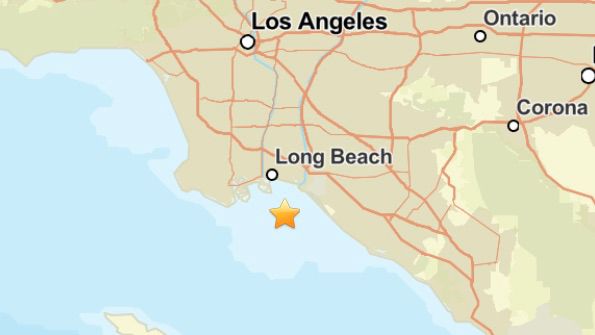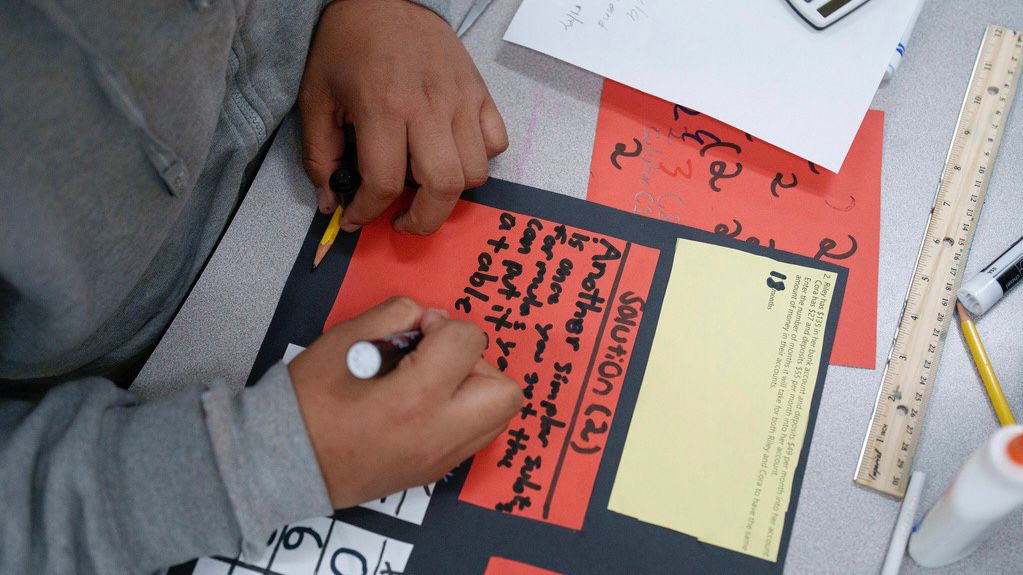SACRAMENTO, Calif. — California colleges and universities will be able to apply for a Black-Serving Institution designation next year due to a new law that goes into effect on January 1st.
“This is an exciting time in the state. The Black-Serving Institution legislation that goes into effect in January sets the CSU central office that I’m running as the designator for the entire state,” said BJ Snowden, who’s the Interim Executive Director of the new CSU Central Office for the Advancement of Black Student Success.
The Central Office that Snowden will lead oversees the implementation of the new law.
Schools interested in applying for the designation need to have a Black student population of at least 10% or 1,500 students who are Black. They also need to show they have programs in place that are committed to supporting Black student success.
“The data shows that historically, African American students have not been as successful as other groups in the university system. And this is really a direct effort by the CSU system to create an environment where we are not only more welcoming to Black students, but we have the infrastructure now to help them push through the system,” Snowden adds.
According to Cal Matters, about 217,000 Black college students are attending California colleges and universities out of 3.4 million students.
Billie Hutton is a junior at Sacramento State University, which has the largest Black student body in the Cal State System with about 2,000 students. In June, the California State Assembly declared Sac State the first Black-Serving Institution.
“I was one of those students that wanted that HBCU experience, and I planned all through high school to go to one and when I decided to come here, I wasn’t sure if I was going to get that and I did,” noted Hutton.
Except for Charles R. Drew University of School and Medicine, a private graduate school in Los Angeles County, HBCUs or Historically Black Colleges and Universities are pretty much nonexistent on the West Coast. Supporters of the Black-Serving Institution Designation law believe the designation can help give students an HBCU-like experience without having to leave California.
“An HBCU is an HBCU, but I believe that Sac State, especially the MLK center, does a really good job at providing that energy and space for students that are looking for that HBCU experience. We provide events, community and comradery,” said Hutton.
The Martin Luther King Jr. Center is a one-stop-shop for students to receive tutoring, mental health support, peer advising and a place for them to get help with scholarships and internship opportunities.
Hutton says the MLK Center has given her a sense of belonging and it’s one of the main reasons she chose Sac State over other universities.
“It means community, it means support, it means that there’s a safe place to study and interact with other people,” said Hutton.
Hutton believes the new BSI law will make it easier for applicants to learn which schools are committed to supporting Black student success.
“The ability to have a designation like Black-serving is going to do wonders for having students recruited to stay in California. It also may even bring students into the state from neighboring states who are looking for that experience and looking for that support to be successful in their higher education pursuits,” Snowden added.
Applications for colleges and universities to apply for the BSI designation are expected to go out in the spring of 2025.












